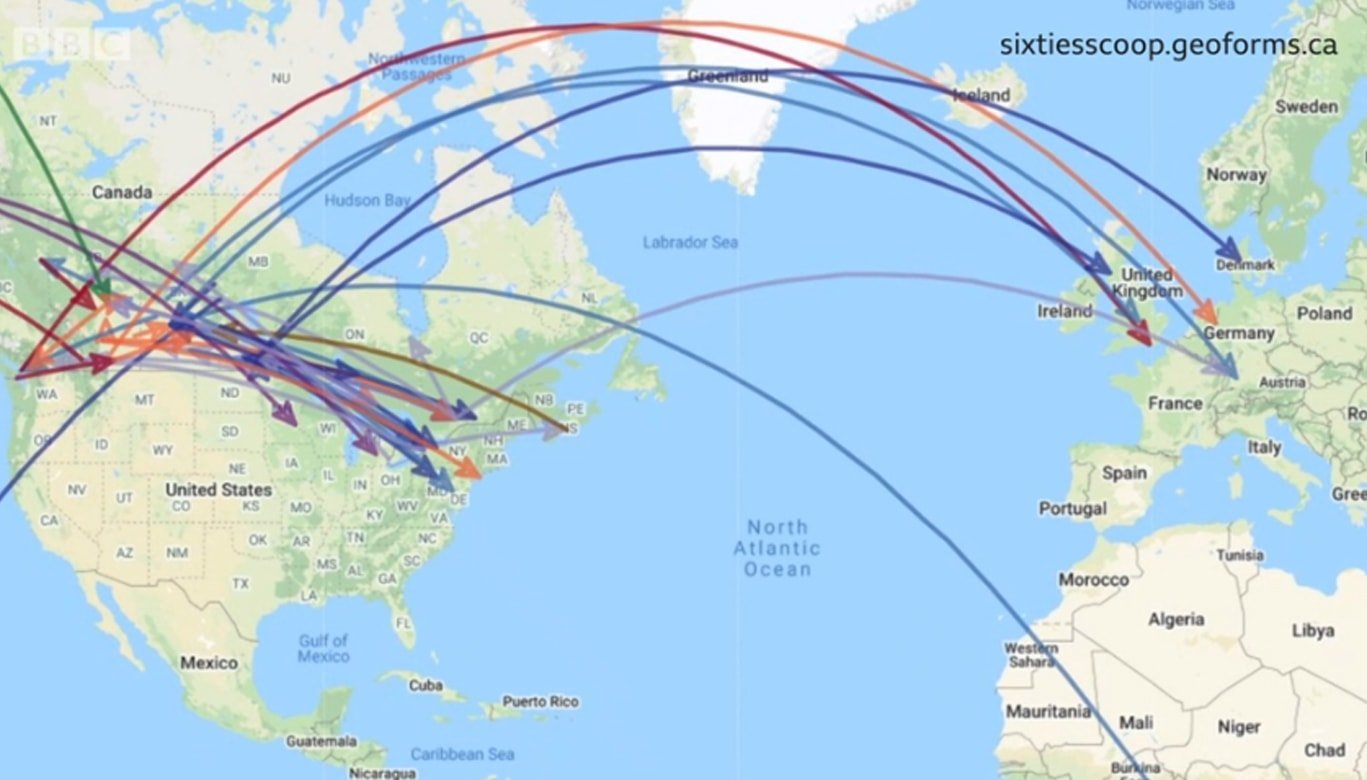
Reconnecting After Suffering a Kidnapping Trauma: The Sixties Scoop
Between the 1950s and the 1980s, Canadian welfare agencies decided that indigenous children could not be allowed to remain with their families where they could develop into their indigenous culture, language, and heritage. Thus arrived an era now known as the “Sixties Scoop” where dark-colored cars would appear from back alleys, scoop up indigenous children, separate them from their families and place them with what they called mainstream Canadian culture families to wring out their lifestyles and cultures. However, what these agencies had not anticipated was the children’s trauma and the fact that past a certain age, children are not likely to simply forget their mother tongues, their habits, and what makes them unique to the indigenous communities in Canada and North America.
Thousands of indigenous children were “scooped” or kidnapped. After they were picked up, the welfare agencies would put out placement advertisements in newspapers, describing the child, publishing a photograph and their name, and placing them in families with no indigenous or cultural ties. This was a cultural genocide that few are talking about and it was only two years ago in 2018 that after reconnecting with their long lost families, siblings, and communities that these indigenous persons were able to gain some sense of solace.
The 34,000 claims that were submitted to the government against the Sixties Scoop were awarded a settlement of 50 million Canadian Dollars under Prime Minister Justin Trudeau for “healing, commemoration, education, language and culture”. However, these were not the only claims submitted and survivors of the scheme were left unable to talk about their trauma, abuse, and horrible treatment in the foster and adoptive homes where they were placed.
It is the hope of the survivors who spoke to BBC News in the above embedded video that they will be able to show other Canadians as well as the rest of the world that they went through a cycle of abuse unlike any other and faced irreparable trauma due to the Sixties Scoop scheme. They have set up a website to help reconnect survivors through the SixtiesScoop.GeoForms.CA platform which lets survivors share their stories. These survivors foremost hope to help people understand what they went through, because most of the time, children thought they were the only ones who lost their families.
Watch the full video and let us know what you think. Remember: even though this happened in the sixties, the after-effects and the post-traumatic stress disorders remain prevalent and the indigenous peoples of Canada and across the world are still under attack. Do your part in educating and helping the indigenous of your locale whenever you can in whatever manner and scale possible.
Credit: BBC News


